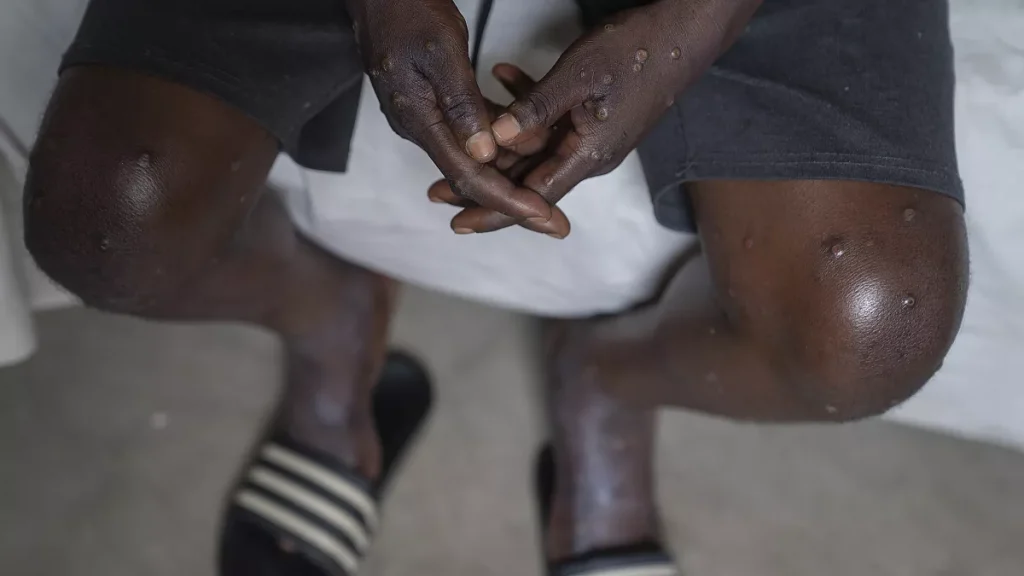The Nigerian Medical Association (NMA) has called on the Cross River State Government to urgently enhance its surveillance systems against Mpox, warning that the state is particularly vulnerable to the virus.
Speaking in an interview in Calabar, Dr Ukam Edadi, Public Relations Officer of the Cross River chapter of the NMA, highlighted the state’s heightened risk due to several factors. These include its status as a major tourist destination with vast forest reserves, such as the Gorilla Sanctuary, where frequent human-wildlife interaction occurs.
The Mpox virus, initially detected in Central Africa, has spread to several West African countries, including Nigeria, which has reported 39 confirmed cases. Cross River’s geographical proximity to Cameroon and other Central African nations where the outbreak originated further increases the state’s vulnerability. Edadi noted that areas such as Boki, Ikom, and Bakassi share borders with Cameroon and Equatorial Guinea, making them particularly susceptible to the virus.

Given these concerns, the NMA is urging the state to ramp up its surveillance, especially in border communities, and to launch intensive public awareness campaigns. Edadi warned that the lack of public knowledge about Mpox in Cross River could exacerbate the situation if an outbreak occurs. He also stressed that neighbouring states have already reported Mpox cases, adding to the urgency.
Reflecting on past public health efforts, Edadi praised the state’s robust response during the 2014 Ebola outbreak but cautioned against complacency. He expressed concern over the current state of isolation facilities, noting that the primary isolation centre was destroyed during the #EndSARS protests in 2020. This leaves only a facility at the University of Calabar Teaching Hospital (UCTH), which can accommodate just 50 patients.
Edadi also emphasised the need for increased vigilance in areas such as abattoirs, roads where animals are transported, and bush meat markets, which could serve as hotspots for the virus. “We must intensify our surveillance in these areas to prevent potential outbreaks,” he urged.
However, Cross River State’s Commissioner for Health, Dr Henry Ayuk, downplayed concerns about an Mpox outbreak, describing recent reports from the National Centre for Disease Control (NCDC) as inaccurate. He reassured the public that there is currently no evidence of Mpox, cholera, or Lassa fever in the state. Dr Ayuk clarified that the NCDC’s update was based on a previous Mpox case in the state, not a current threat.


